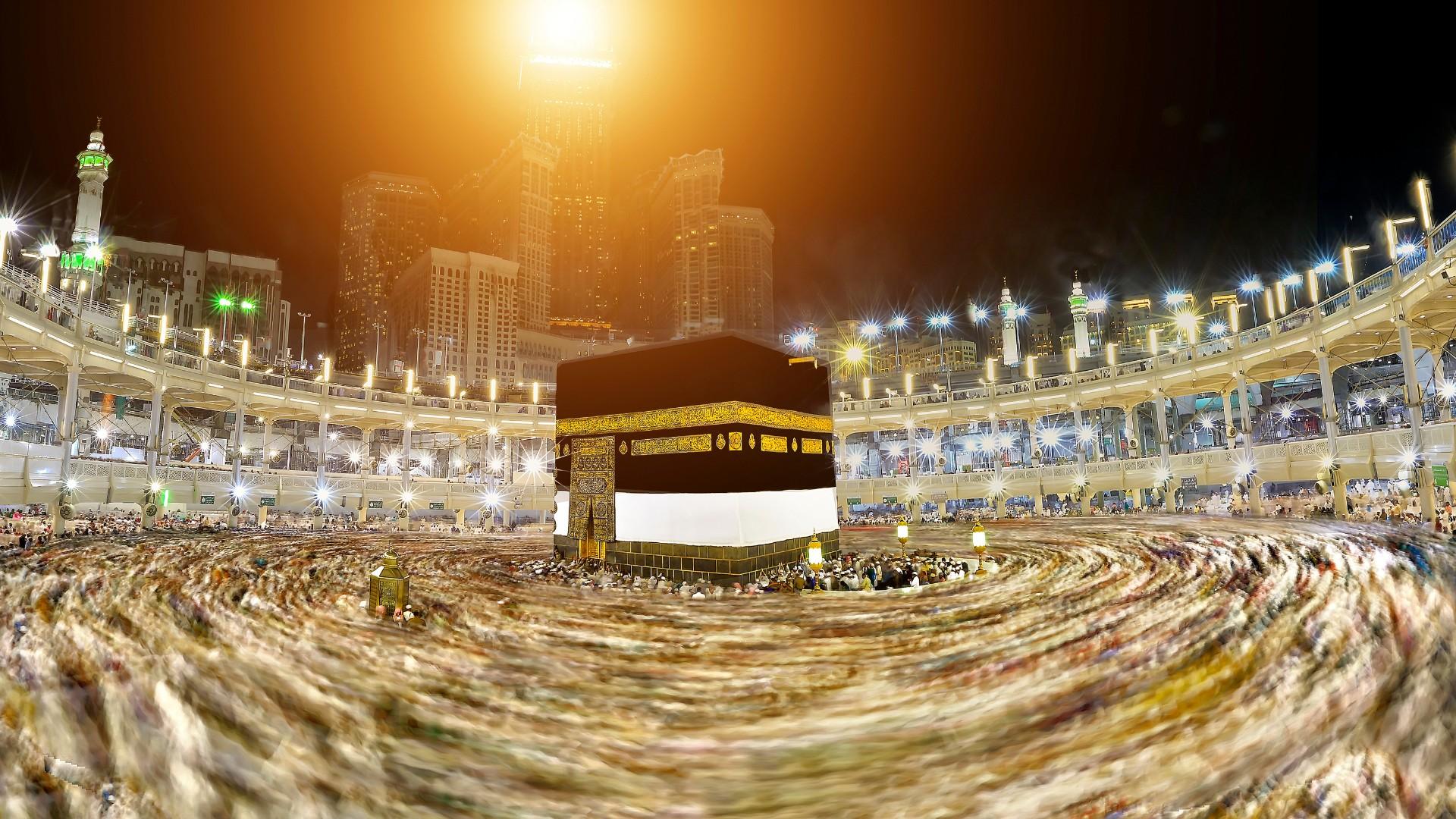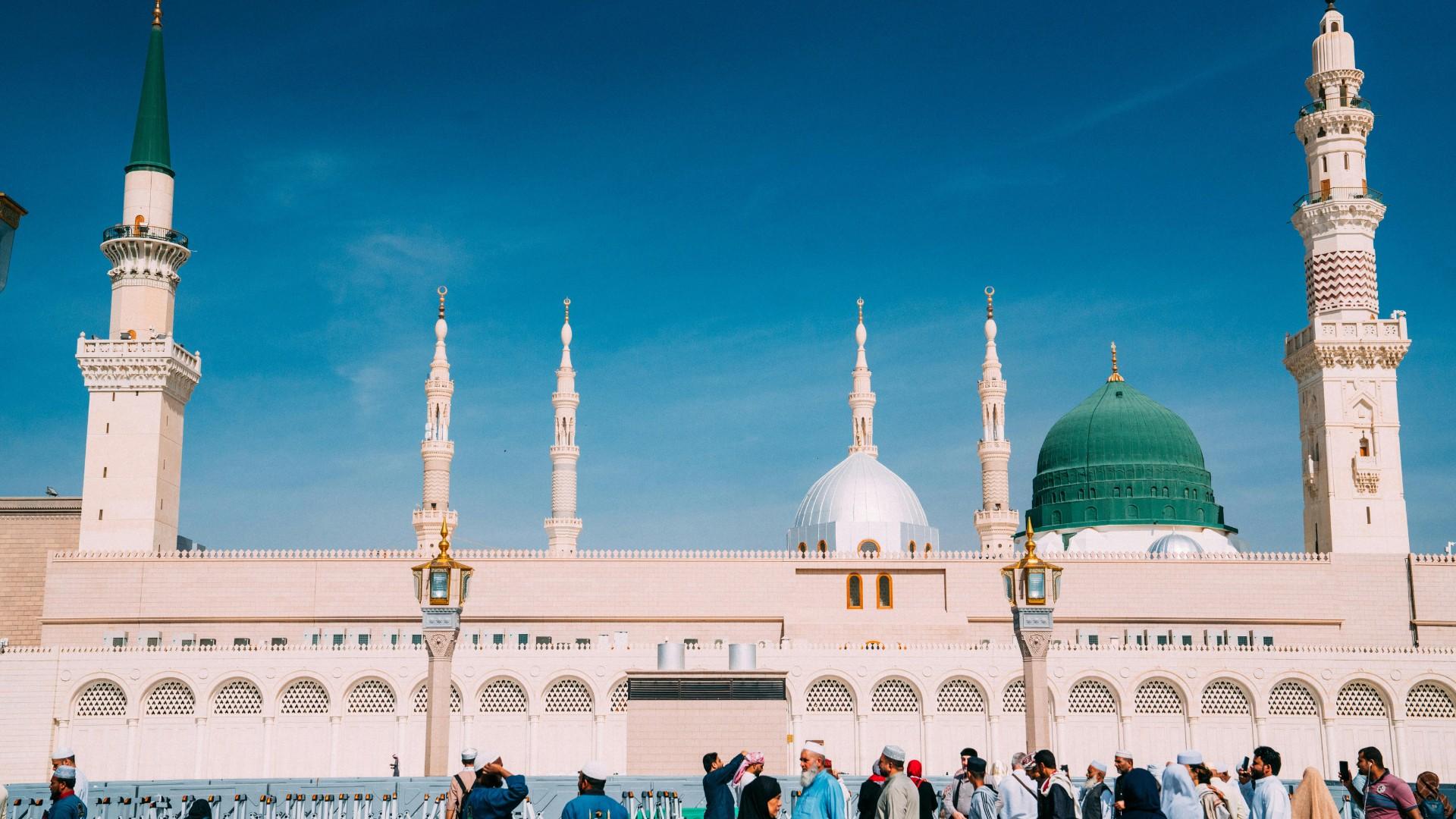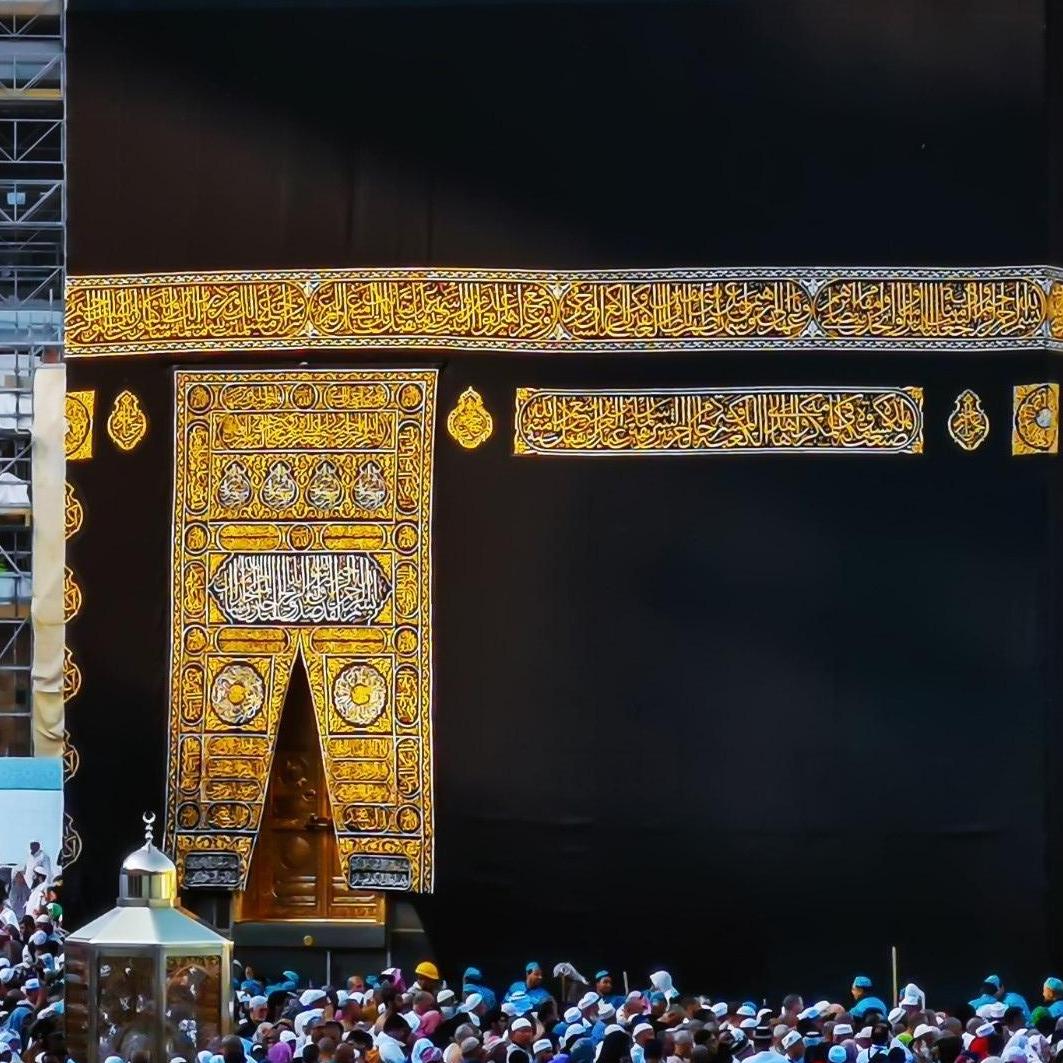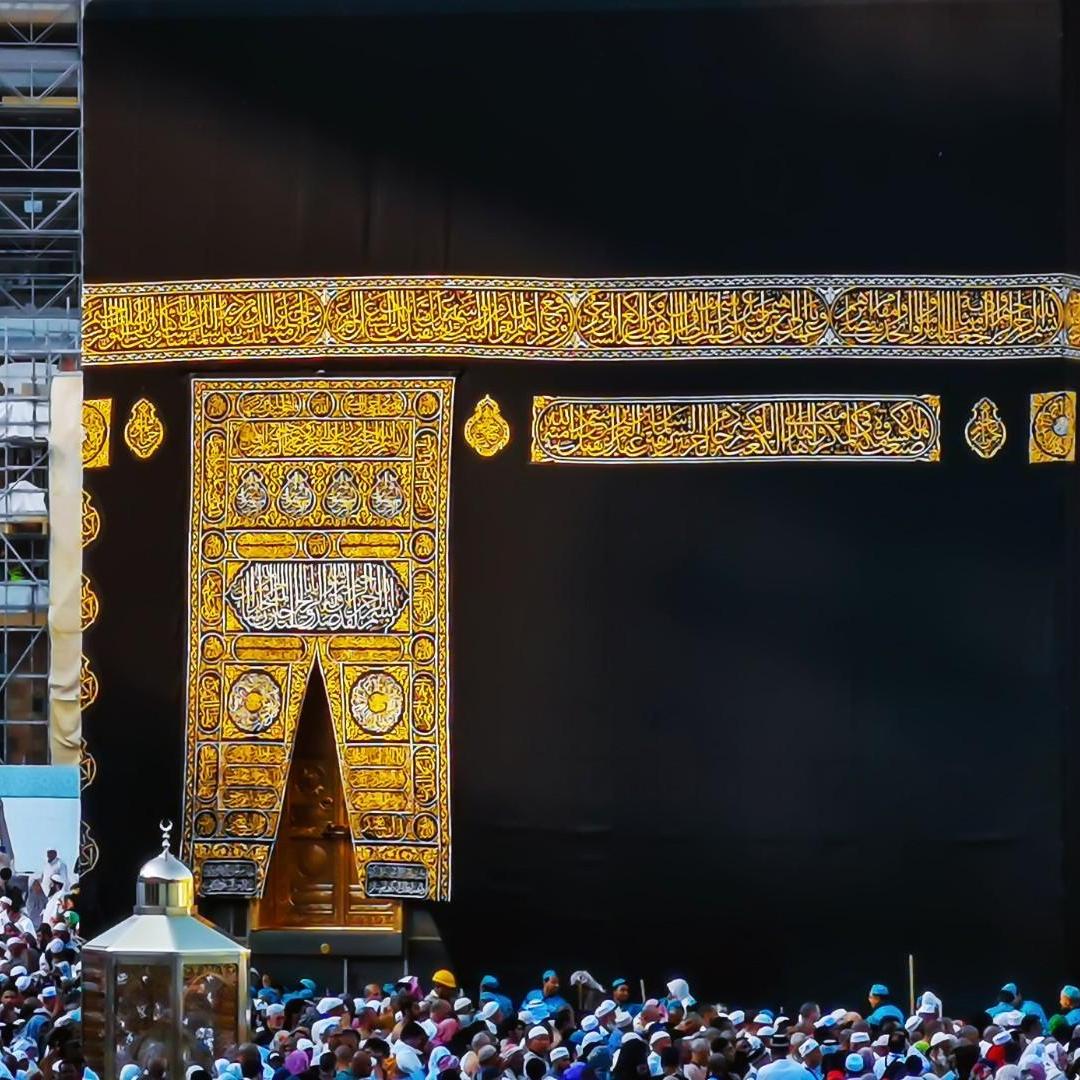Affordable Umrah Packages from USA with Salah Travels
Performing Umrah is one of the most spiritually enriching experiences for Muslims around the world. For many, it is a dream come true to visit the holy cities of Makkah and Madinah, seeking closeness to Allah and renewal of their faith. However, many Muslims living in the United States face challenges when it comes to the cost of traveling for Umrah.
At Salah Travels, we understand the...
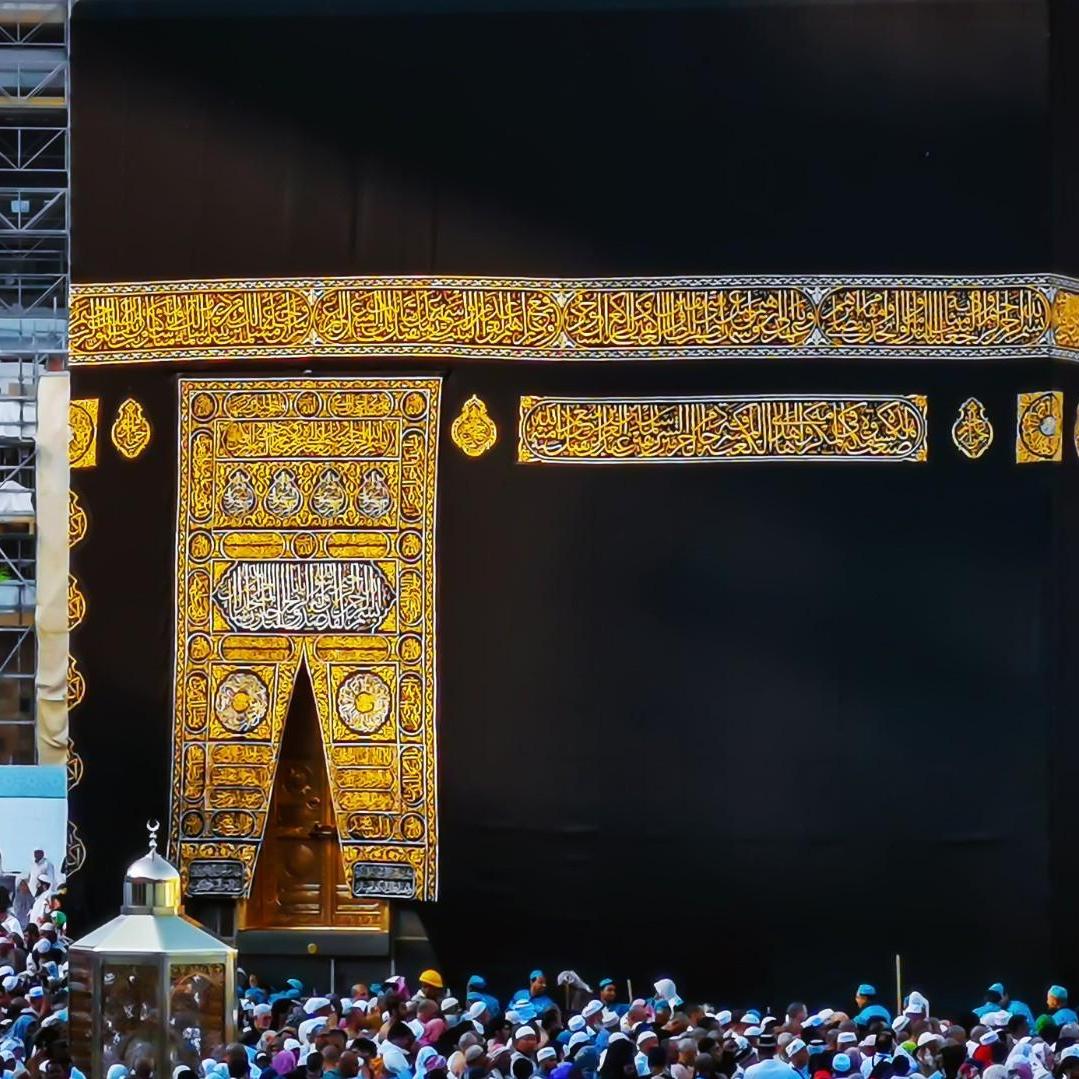
Salah Travels
2025-12-31 13:19:11



